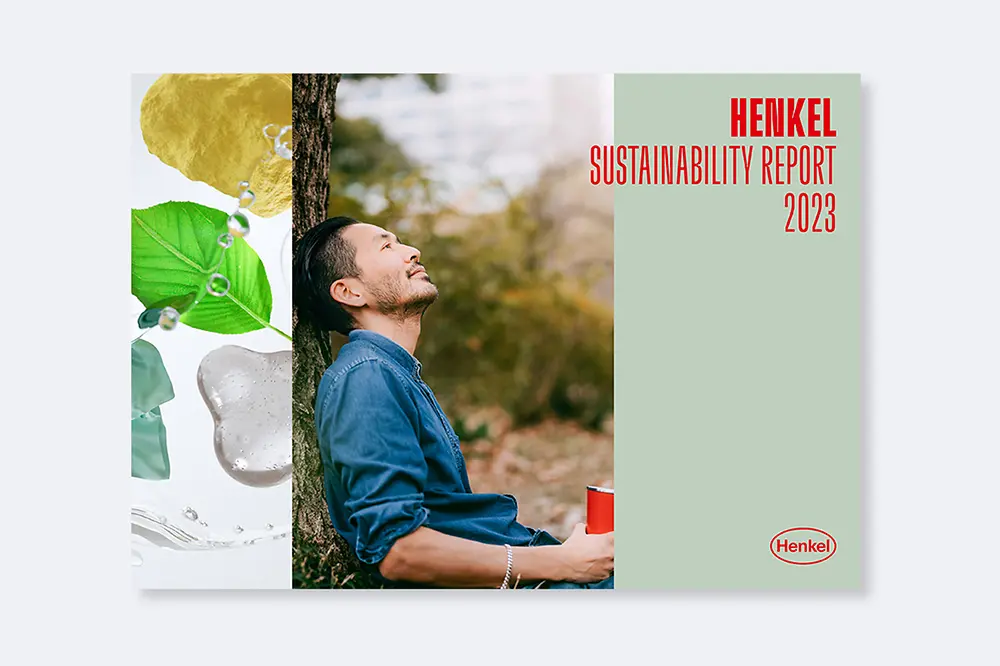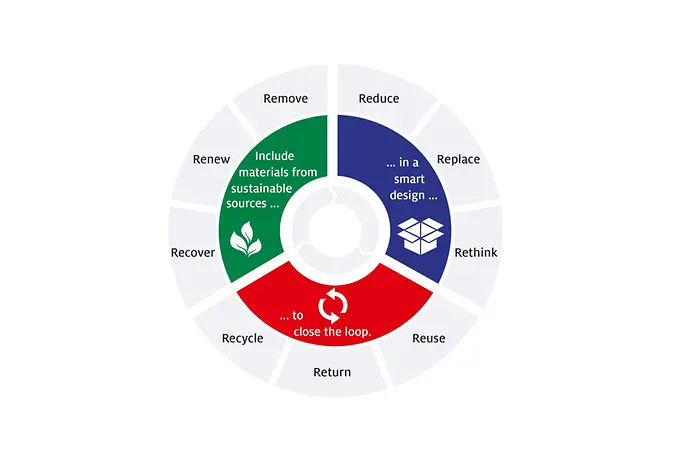The New Plastics Economy Global Commitment is led by the Ellen MacArthur Foundation, in collaboration with UN Environment, and was officially unveiled at the Our Ocean Conference in Bali. Signatories include many of the world’s largest packaging producers, brands, retailers and recyclers, as well as governments and NGOs. The overall aim is to create ‘a new normal’ for plastic packaging. Targets are among others:
The Global Commitment follows a clear vision of a circular economy for plastic which is in line with Henkel’s approach and targets for sustainable packaging: By 2025, 100 percent of the company’s packaging will be recyclable, reusable or compostable*. Within the same timeframe, Henkel aims to use 35 percent recycled plastic for its consumer goods products in Europe. Henkel’s framework for sustainable packaging reflects the three key phases of a circular value chain (materials from sustainable sources, smart packaging design, and closing the loop) and includes specific actions for each of these phases.
To drive innovation in packaging development and promote improved recycling infrastructure, Henkel is collaborating with a variety of partners – progress toward sustainable packaging will only be possible if organizations from across industries and along the value chain work together. “The New Plastics Economy Global Commitment draws a line in the sand, with businesses, governments and others around the world uniting behind a clear vision for what we need to create a circular economy for plastic. This is just one step on what will be a challenging journey, but one which can lead to huge benefits for society, the economy and the environment,” says Dame Ellen MacArthur, Founder of the Ellen MacArthur Foundation.
Further information on Henkel’s approach and targets for sustainable packaging can be found at www.henkel.com/sustainability/positions/packaging.
* excluding adhesive products where residue may affect recyclability









